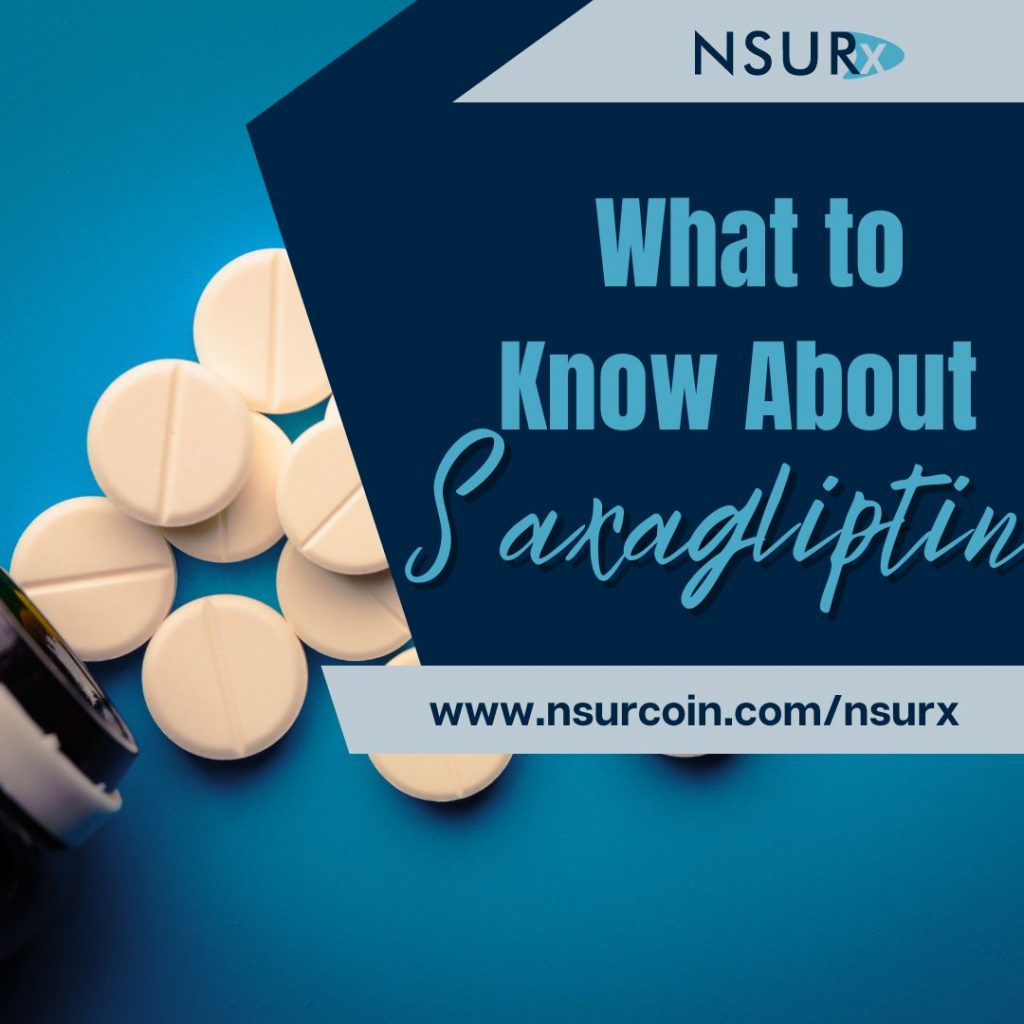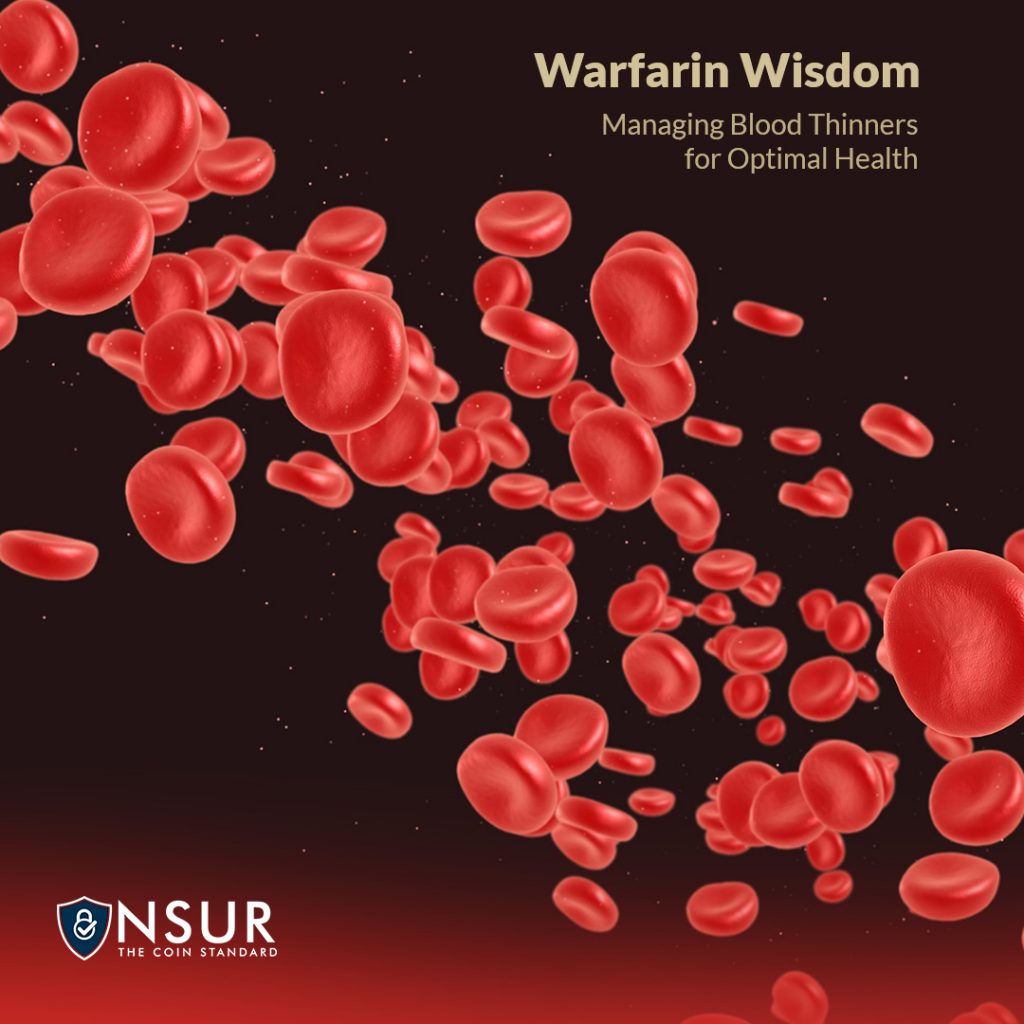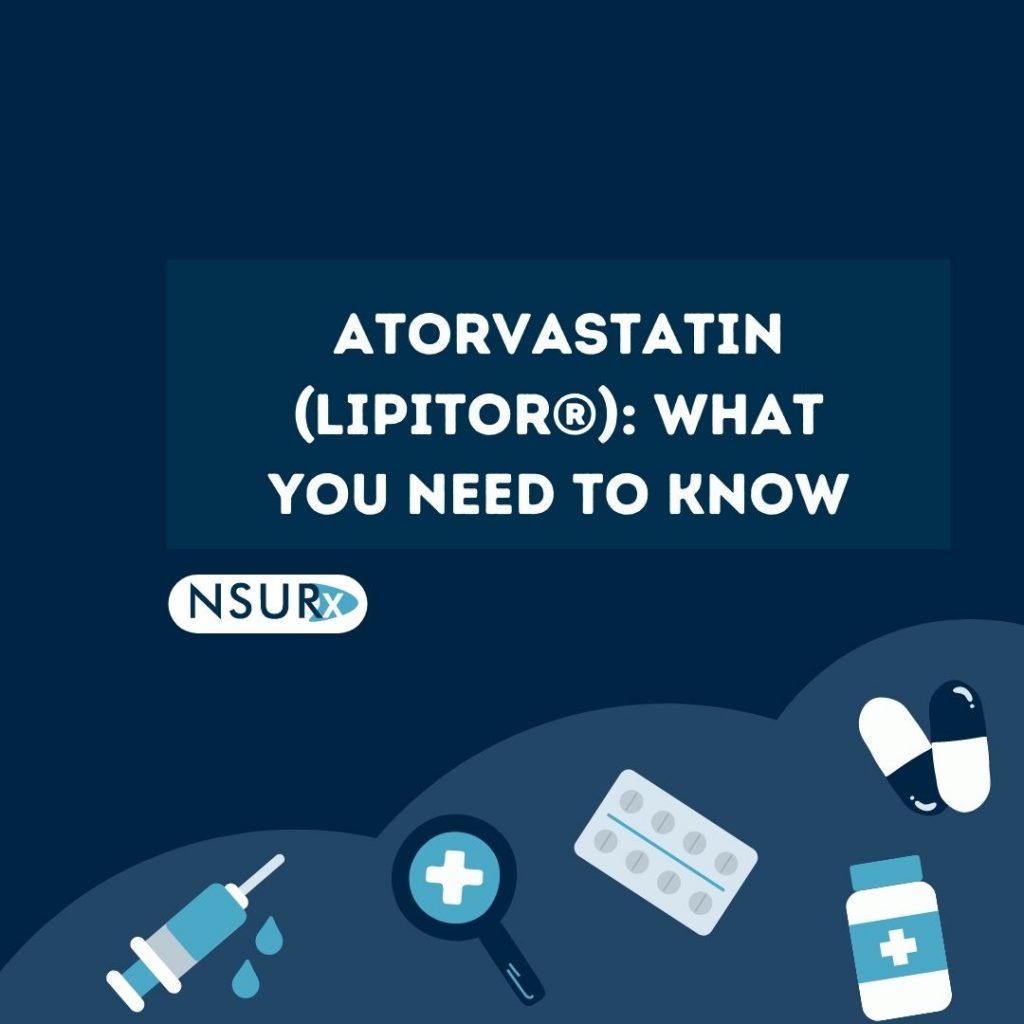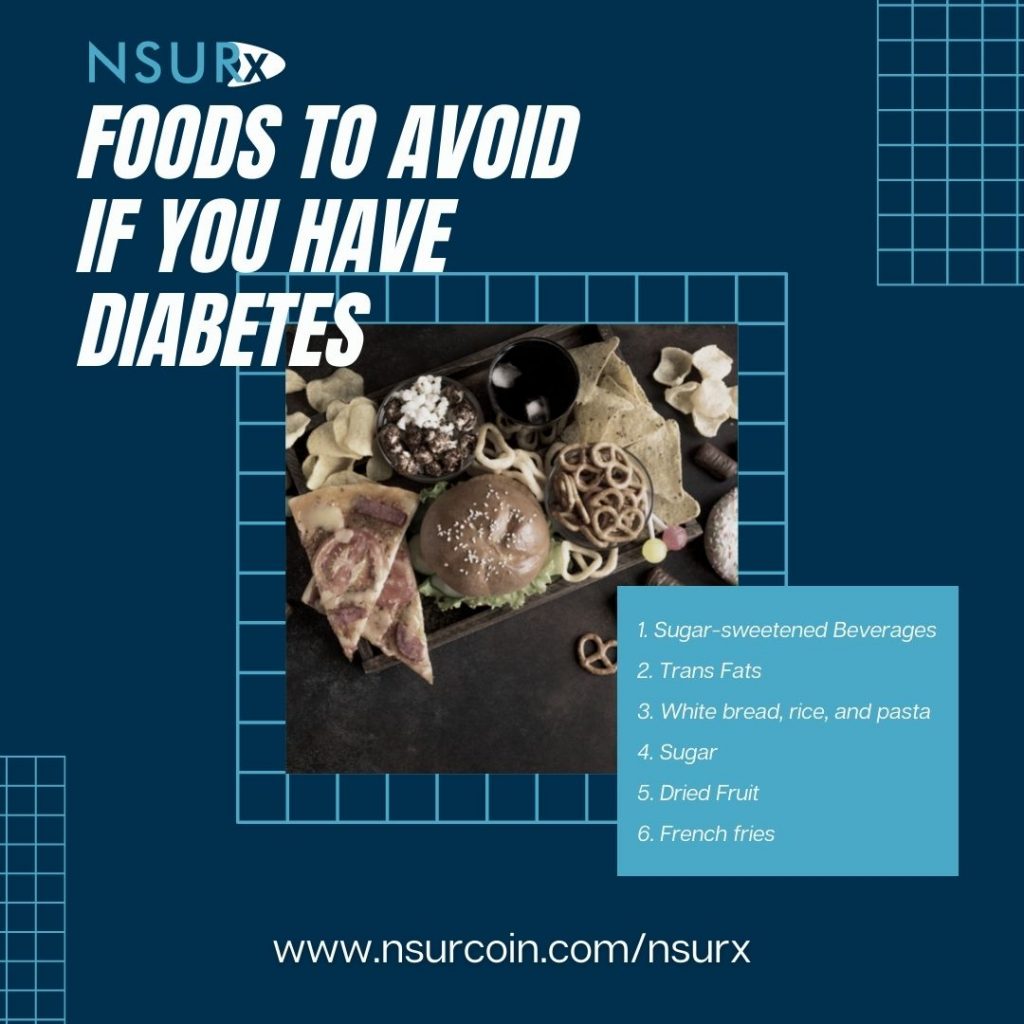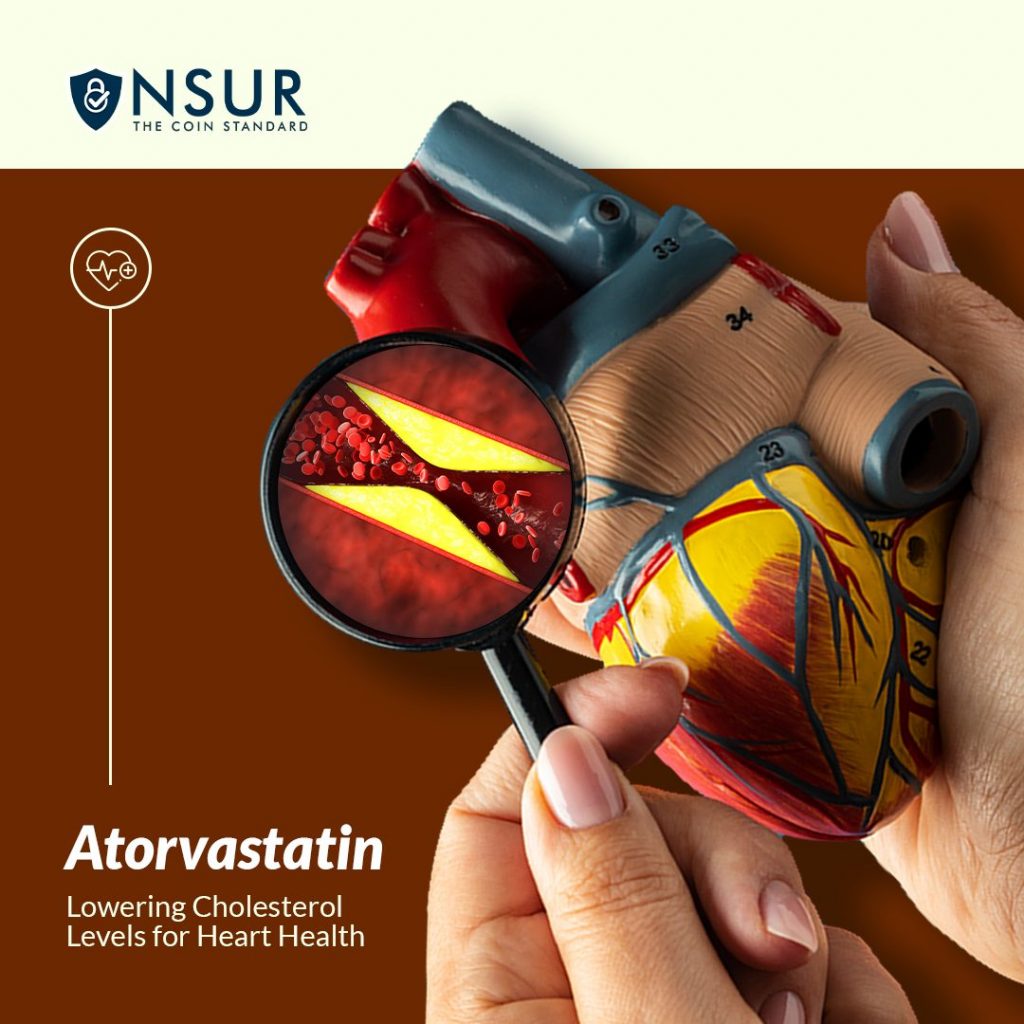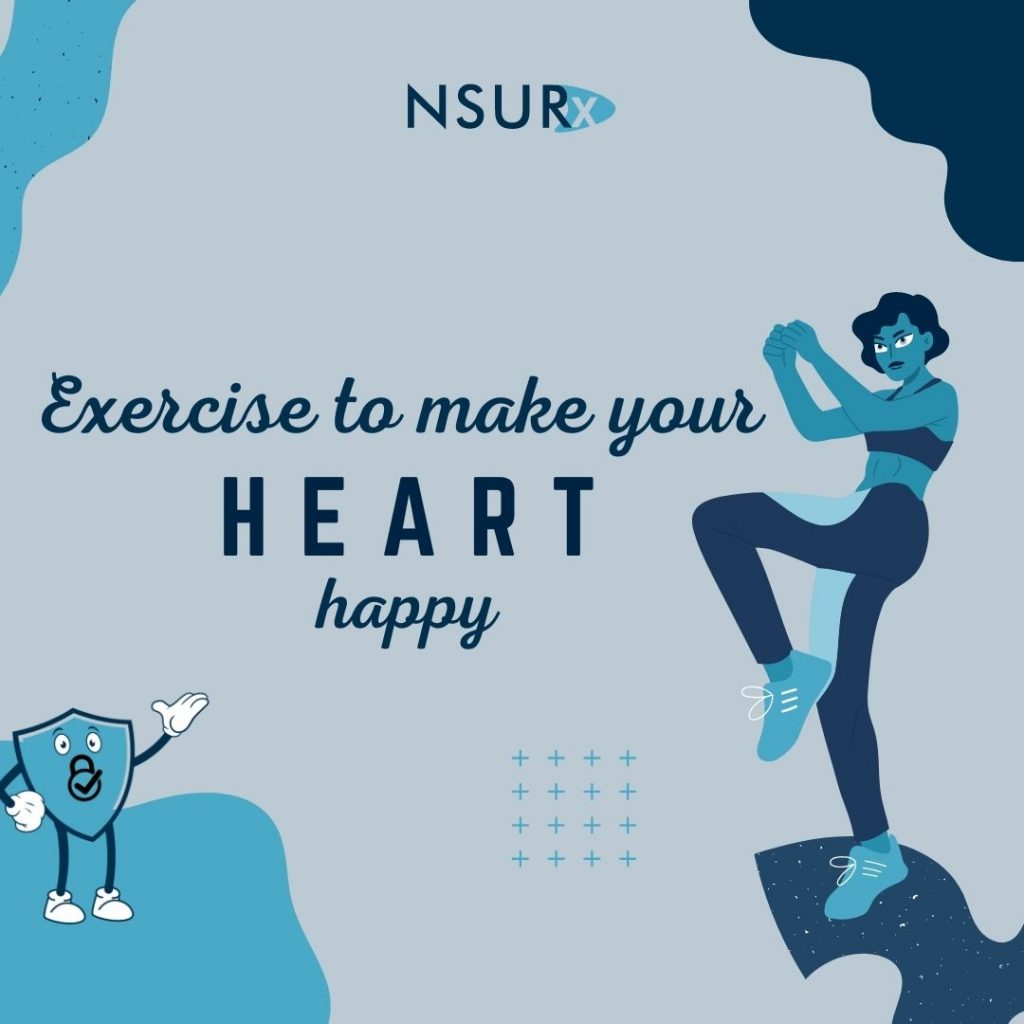
Methotrexate is the first-line therapy for the vast majority of individuals suffering from moderate to severe rheumatoid arthritis. (RA).The medication is also used to treat serious eczema and some cancers, including breast cancer, lung cancer, lymphoma, and leukemia.
Methotrexate inhibits DNA synthesis and has a greater impact on cells that proliferate quicker than usual. It has been shown to block dihydrofolate reductase (DHFR), an enzyme involved in the production of folic acid. Folic acid is required for the production of purines and pyrimidines, which are required for protein, DNA, and RNA formation.
Methotrexate has a lengthy range of side effects in addition to its many applications. These adverse effects are possible even at low levels. However, if you have too much methotrexate in your body, it can accumulate and become poisonous over time. Drug complications can also impede your treatment with methotrexate.
Women who are pregnant or may become pregnant should not touch this medicine or ingest the dust from the pills because it can be taken through the skin and airways and may damage an unborn infant.
Unless your doctor instructs you otherwise, drink plenty of water while taking this medicine. This allows your kidneys to remove the medication from your body, thereby avoiding some of the adverse effects.
NSAIDS
Methotrexate is removed from your body through your kidneys. Methotrexate levels can rise if they aren’t functioning as well as they should, resulting in adverse effects like mouth ulcers or diarrhea.
It’s critical to exercise care when taking medicines that could harm your kidneys or make them less effective. Nonsteroidal anti-inflammatory medicines are a prevalent class of medications that can damage your kidneys. (NSAIDs). Ibuprofen (Advil, Motrin), naproxen (Aleve, Naprosyn), and meloxicam are examples of such medicines. (Mobic). NSAIDs have been linked to kidney damage, particularly when taken in high doses or for extended stretches of time.
If you’re taking large doses of methotrexate, your doctor may advise you to avoid taking NSAIDs entirely.
Antibiotics
If you’re taking methotrexate and need antibiotics, you should proceed with care. Penicillin antibiotics, such as amoxicillin (Amoxil), can hinder your kidneys from effectively eliminating methotrexate. Another popular drug that can do this is sulfamethoxazole/trimethoprim (Bactrim). This increases the possibility of methotrexate adverse effects.
Furthermore, a few IV medicines can be damaging to your kidneys. Amphotericin B and aminoglycoside drugs such as tobramycin can impair your body’s capacity to eliminate methotrexate.
In many instances, your healthcare staff will be in charge of these interactions. If you have cancer and require medicines, your IV methotrexate will most likely be delayed until your illness has cleared.
Folic Acid Supplements
Folic acid (vitamin B9) is a supplement that can help alleviate anemia and folate insufficiency. However, based on the circumstances, it can have either good or negative effects on methotrexate.
When methotrexate is administered in modest amounts, it may be combined with folic acid to help reduce certain adverse effects such as nausea and oral sores. This is because methotrexate can result in reduced folate levels, which is undesirable. However, if you are taking large doses of methotrexate, folic acid may decrease its effectiveness.
Depending on how you take methotrexate, your doctor may advise you to take or avoid folic acid vitamins.
Proton Pump Inhibitors
PPIs, such as omeprazole (Prilosec), are widely used to manage heartburn and gastroesophageal reflux disease. (GERD). They may also have an interaction with methotrexate.
PPIs, like NSAIDs and some medications, can impact how your body eliminates methotrexate. According to one research, PPIs may reduce how well your body clears methotrexate, increasing the chance of side effects.
As a safeguard, your doctor may advise you to take a non-PPI acid-lowering drug, such as famotidine (Pepcid). Medications such as famotidine are unlikely to combine with methotrexate.
Nephrotoxic Medications
Nephrotoxic drugs are those that can harm your kidneys. Following a similar pattern as outlined above, many other kidney-affecting drugs can exacerbate your methotrexate experience. Typical instances include:
- Diuretics, particularly loop diuretics like furosemide (Lasix),
- ACE inhibitors like lisinopril (Zestril), and empagliflozin (Jardiance)
- Tenofovir (Viread) and atazanavir are two HIV antiretroviral medicines.
If you are taking modest doses of methotrexate, you may not need to avoid these drugs entirely. When consuming larger amounts of methotrexate, these interactions are more likely to be important. Your doctor can help you balance the risks and advantages of taking these medications alongside methotrexate.
Hepatotoxic Medications
Hepatotoxic drugs are pharmaceuticals that can harm your liver. One example of a hepatotoxic drug is Allopurinol. When combined with other medications that impact your liver health, the side effects can be serious. Methotrexate adverse effects may also be exacerbated by the combo.
Among the common medicines that can be harmful to your liver are:
- Acetaminophen (Tylenol)
- Diclofenac (Cambia)
- Some anti-seizure medicines, such as carbamazepine (Tegretol) and levetiracetam, contain amiodarone (Pacerone).
In most instances, you will not need to avoid these medications entirely while taking methotrexate. Your healthcare practitioner may simply keep a closer eye on you.
Blood Protein Binding Medications
When methotrexate enters your body, it bonds (attaches) to proteins in your blood. Methotrexate that has not been attached to proteins is what is active in your body. This unbound drug supports the positive health benefits of methotrexate, but it also adds to adverse effects.
However, these blood proteins are in short quantity. Many medicines are more effective than methotrexate at binding to these blood proteins. This can cause more methotrexate to become free and accessible in your circulation, increasing the risk of overdosing on methotrexate.
The following are examples of protein-bound medicines that may interact with methotrexate:
- Warfarin and other blood thinners (Coumadin, Jantoven)
- Aspirin-like salicylates
- Glipizide and other sulfonylureas
- Doxycycline-like tetracyclines
- Phenytoin (Dilantin, Phenytek)
Take advantage of NSURx for your prescription drugs!
With the NSURx Prescription Benefit Card, you can save money on your Methotrexate medications at more than 35,000 pharmacies across the United States.
You can save up to 80% on your medication by using an NSURx card. Hundreds of dollars in savings could be yours every time you fill out your prescription.
The more you shop with NSURx, the more NSUR Coins you will receive as a reward.
Reference:
